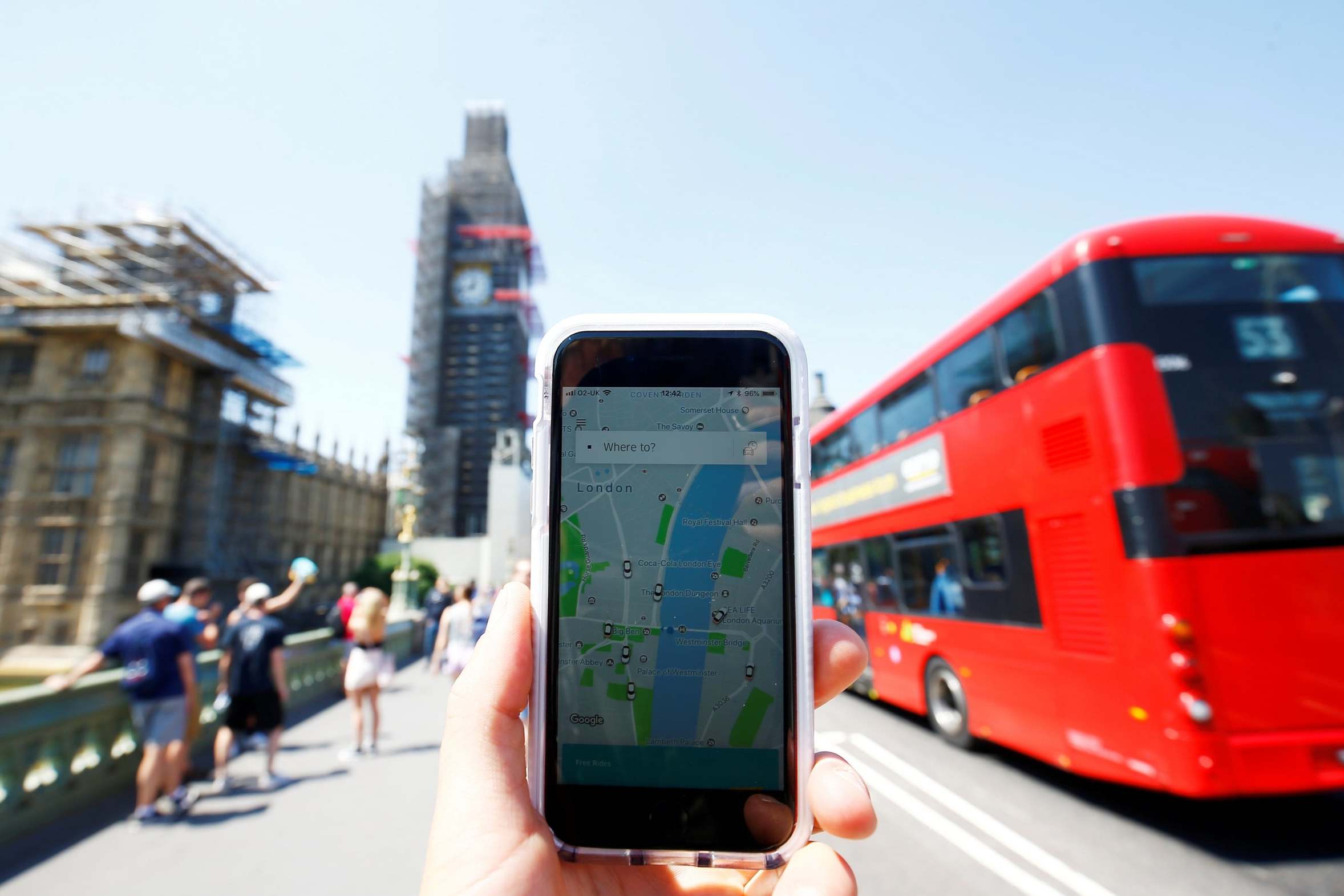Why the London crackdown on Uber had to happen
Whatever the firm’s virtues, passenger safety must be paramount, writes James Moore


Uber’s fleet of cars looks to be heading for the garage again. The ride-hailing app has been told that it has lost its London licence after it was found that more than 14,000 trips were taken with drivers who had faked their identity on its app.
According to Transport for London (TFL), those who had either lost their licences to carry passengers, or who never had them in the first place, were able to pick people up by fraudulently using other drivers’ accounts. They did this through uploading their photos on to the app.
Passengers would never have known that something was awry and the implications are fairly horrifying if you think them through. In fact, a fairly horrifying example has been provided too: one of the drivers on those 14,000 journeys had had their licence revoked after they were found to have distributed indecent images of children.
Then there are the insurance implications. None of the people who took those trips will have had any.
This is not a good look from the company, the shares of which lost 6 per cent early on in New York (London is one of its key markets).
For now, Uber’s still on the road because it has the right of appeal, something it will avail itself of as it did the last time TFL tried to bring the hammer down. It will be allowed to carry on its business until the process has been exhausted. Uber will also be afforded the opportunity to provide evidence that it has addressed TFL’s very real concerns while that plays out.
The company has, for example, already promised to introduce a “new facial-matching process”.
But that in itself raises issues. The Independent Workers of Great Britain Union (IWGB) is concerned about the implications for drivers, who also have a legitimate interest in both this case and how their data will be handled in the future.
A majority of them are black and minority ethnic. They’re often from poor communities and many of them have payments to make on their vehicles.
The safety of passengers must always be paramount. But both London major Sadiq Kahn and TFL should take into account the potential impact on drivers of any proposals from Uber and also give consideration to the IWGB’s plea for a mitigation plan if the doors are ultimately to be closed to the company.
There are other ride-hailing services out there that have licences. Some Uber drivers already do work for them and if you’re registered with TFL you can in theory switch. Will they be able to they absorb all of Uber’s drivers? We’ll see.
“Extraordinary and wrong,” is how the company combatively described the decision. That’s a troubling response if you care to think about it. What’s extraordinary and wrong about this is how it was allowed to happen in the first place.
One of the things that has characterised tech disrupters like Uber is their apparent willingness to disrupt rules as well as businesses.
The company’s allies were quick to extol its virtues yesterday. And it’s quite true that millions of passengers have come to rely on the service as well as its thousands of drivers.
But its vices are too many. They can be seen both in the way drivers are treated and paid – there were strikes held on both sides of the Atlantic when Uber floated to highlighted the poor rates they receive – and in the way passengers’ safety has potentially been put at risk. Both issues need to be addressed. TFL was right to put its foot down.
Join our commenting forum
Join thought-provoking conversations, follow other Independent readers and see their replies
Comments